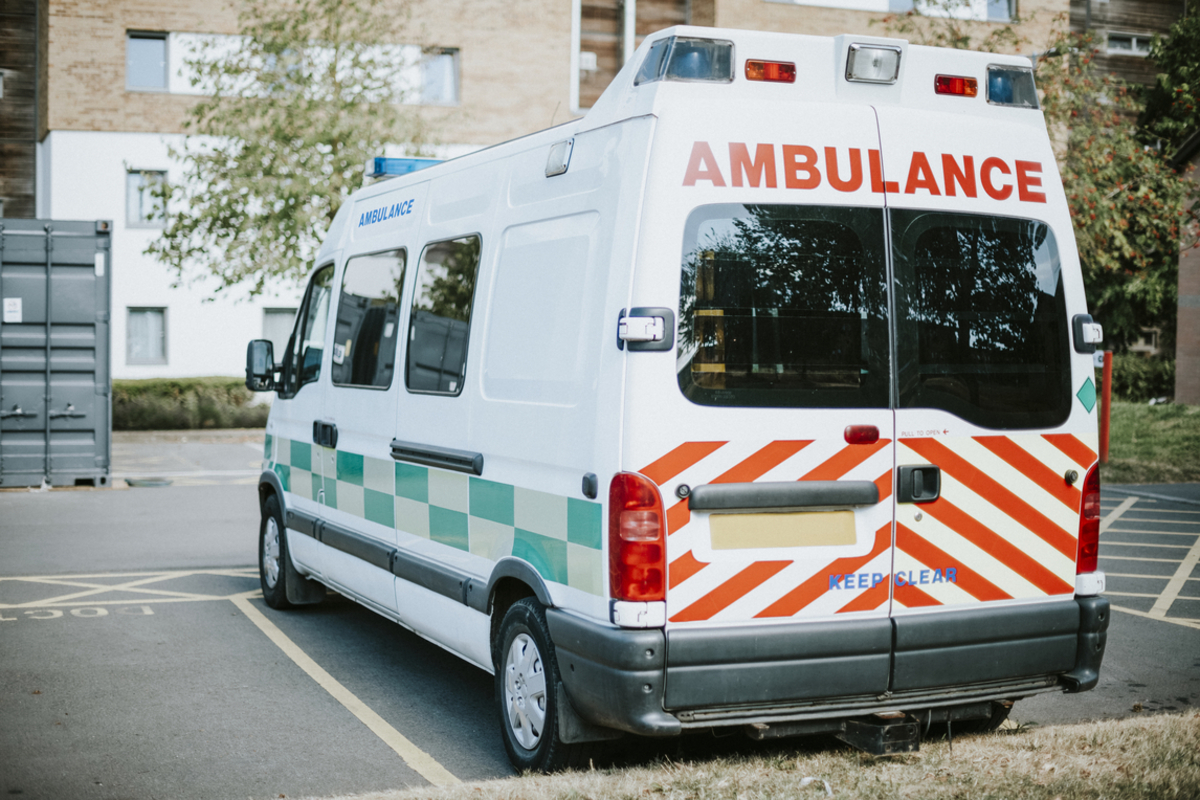When people think of cardiac arrest, they automatically associate it with a heart attack. However, these two are completely different problems, and while they both affect the heart, they have different causes and must be treated accordingly.

What is a heart attack?
A heart attack strikes when the blood flow to the heart becomes partially or totally restricted. The heart attack is the result of a cardiovascular problem known as atherosclerosis. People who consume foods rich in cholesterol and fat will have these fats travel through their bloodstream, not all of them being eliminated in the end.
The ones that aren’t eliminated will attach to the inner walls of your coronary arteries (the ones that lead to the heart). These deposits are also known as plaques. These plaques often lead to the formation of blood clots, because they narrow the arteries and prevent blood from flowing to your heart.
To best way to understand this process is to think of a garden which is being watered through a hose. When the hose is blocked by debris, it prevents water from reaching the soil, and the plant eventually dies from dehydration. Similarly, the part of the heart that’s being nourished by a specific coronary artery will die if it doesn’t receive the blood it needs.
What happens during a heart attack?
The most common sign of a heart attack is angina, which is a pain located in the chest region that can be felt differently by each individual. It’s not unusual for women to experience this pain in less typical ways, as it normally extends to the shoulders, jaws, or upper backside.
People who are having a heart attack can also experience dyspnea (shortness of breath), irregular heartbeats, nausea and vomiting, cold sweat, or feel very anxious. During a heart attack, the heart doesn’t normally stop beating, but instead, the symptoms can linger for days, maybe even weeks.
Handling a heart attack
With a heart attack, every minute is critical and could make a difference between life and death. If possible, avoid driving to the hospital because when you call an ambulance, you can start getting treatment a lot sooner compared to the time it would take for you to reach the hospital.
Even more, if your heart stops, the emergency medical service staff knows how to resuscitate a heart. Even if you decide not to wait for an ambulance, always have someone drive you, and never drive yourself.
What is cardiac arrest?
Unlike a heart attack, which is caused by a cardiovascular problem such as coronary artery disease, cardiac arrest is a problem related to the electrical impulses of your heart. When cardiac arrest occurs, the heart stops beating unexpectedly due to a malfunction, which is of electrical nature.
When this occurs, the heart beats at an abnormal rhythm (which is known as arrhythmia). As the heart is unable to pump blood as it normally should, it also fails to deliver blood to the other vital organs of your body, especially your lungs and brain.
What happens during a cardiac arrest?
Some of the symptoms of cardiac arrest are similar to those of a heart attack, such as dyspnea, fatigue, or pain in the chest region. But, more often than not, people that suffer from cardiac arrest will collapse suddenly, stop breathing, have no pulse, and lose consciousness.
And, unlike a heart attack, someone with cardiac arrest can die within a matter of minutes if they aren’t treated immediately. If you see someone who started gasping for air and loses consciousness, it most likely means they’re suffering from cardiac arrest.
Handling a cardiac arrest
However, if you see someone going into cardiac arrest, there are two other things you can do before calling 911:
- Performing CPR can save a life. Short for cardiopulmonary resuscitation, CPR requires that you push the person’s chest hard and fast, trying to reach a rate of more than 100 compressions each minute. People with CPR training are generally able to resuscitate a cardiac arrest victim after about 30 compressions. Those who aren’t trained in CPR should continue performing CPR as fast as they can while making sure the chest of the victim completely rises between compressions. CPR should be performed until medical services arrive or until a defibrillator can be used.
- Portable defibrillators can also help, assuming that there is one available. These devices will give you audio instructions every step of the way, but make sure that you continue compressions while the defibrillator is charging. After administering the first shock, continue performing CPR.
Conclusion
The link between heart attack and cardiac arrest is that the former may lead to the latter, but it’s not always the case. However, people who do suffer from cardiac arrest could have it triggered by a heart attack. Keep in mind that the first thing to do in both cases is call 911 immediately. While heart attack symptoms buy you time, people that suffer from cardiac arrest can die in minutes, which is why knowing CPR can save someone’s life.
- Photo courtesy of SteadyHealth
- www.heart.org/en/health-topics/heart-attack/about-heart-attacks/heart-attack-or-sudden-cardiac-arrest-how-are-they-different
- cpr.heart.org/AHAECC/CPRAndECC/AboutCPRFirstAid/CardiacArrestvsHeartAttack/UCM_473213_Cardiac-Arrest-vs-Heart-Attack.jsp
- www.heartandstroke.ca/articles/heart-attack-or-cardiac-arrest


Your thoughts on this